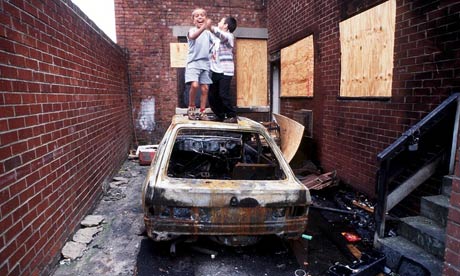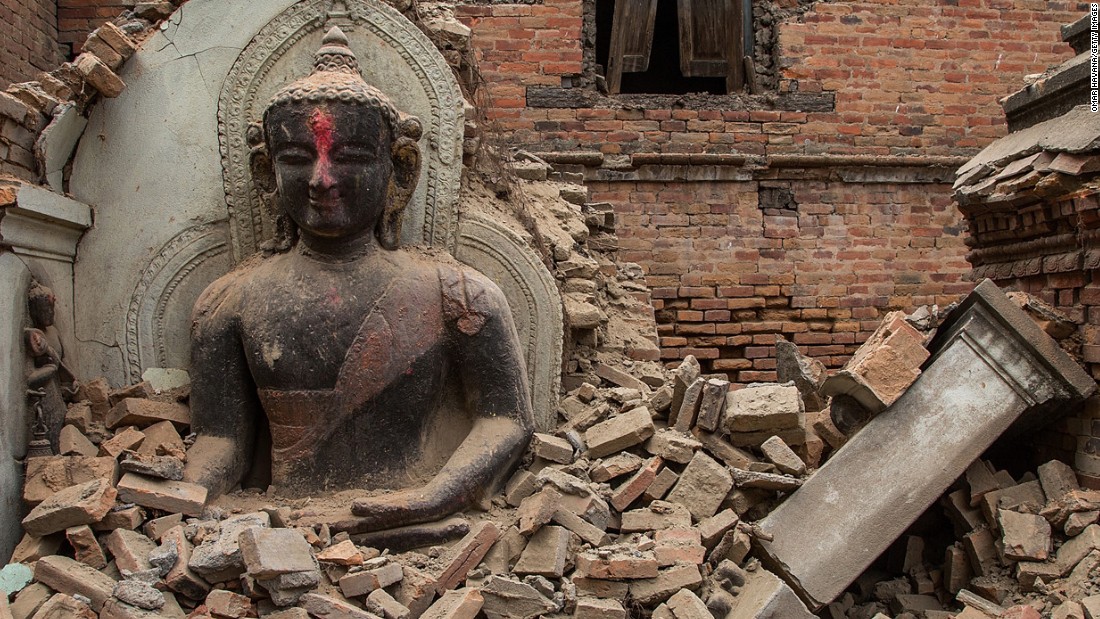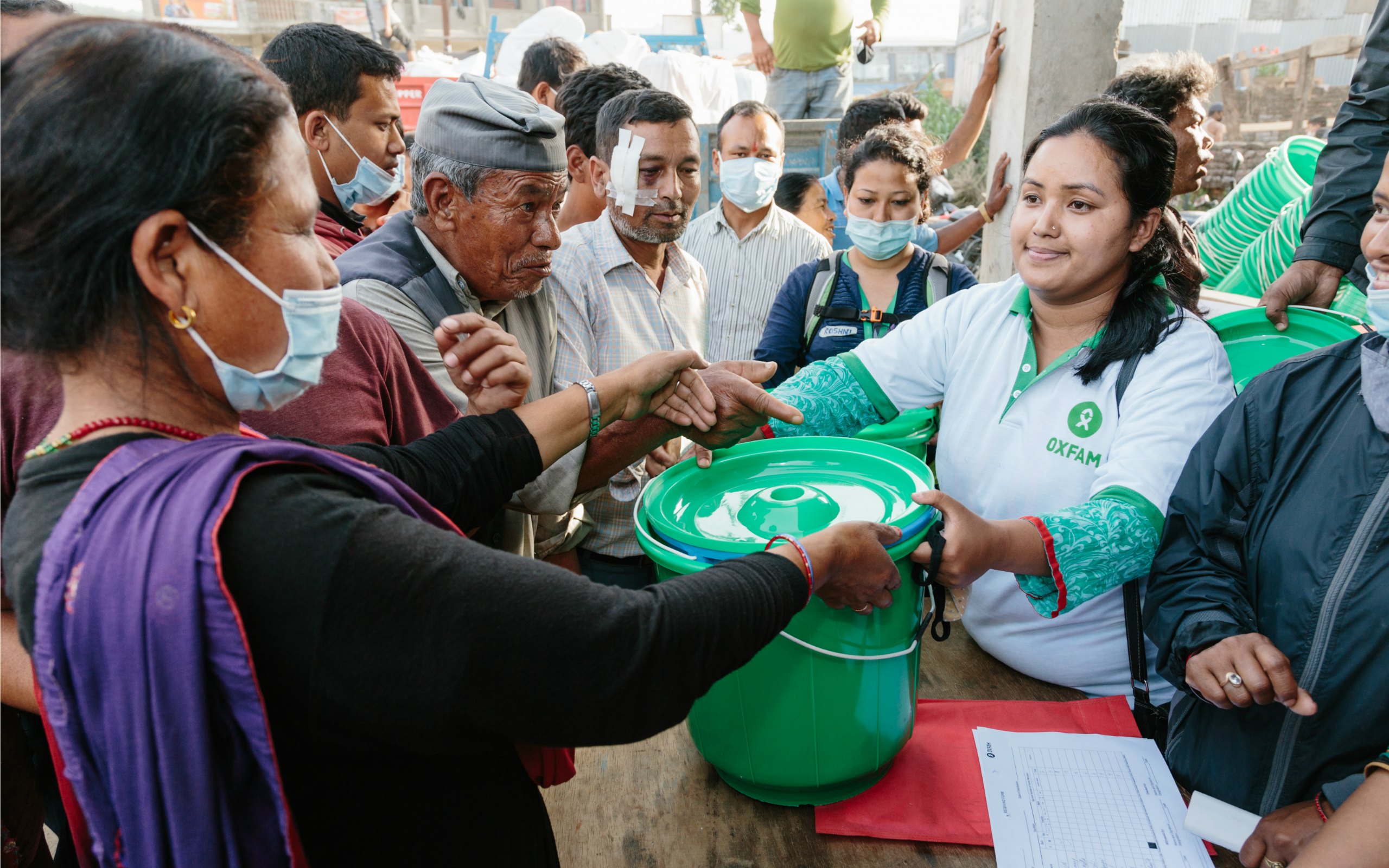Poverty - society’s everlasting issue. Since the beginning of civilisation it has been present in many different forms, and will appear in the future with unexpected crisis. As human development has progressed over the centuries we’ve found ways of better sustainability, but the global phenomenon remains present.
As we all probably know, poverty is the inability of getting choices and opportunities. It violates human dignity and reduces the capacity of participating in society. It’s volatile state that sparks violence and conflict. Whether it’s temporary or chronic it should always be a global priority to be addressed. In the past few decades the greatest catalyst of conflict was natural resources. Oil, gas, and mining companies have been gaining access to lands where communities have been settled and relying on the land’s facilities. This, almost in every case, resulted in an armed conflict which ultimately led the populace into poverty. However, there have been significant progression on this matter - due to huge pressure from NGO’s (such as Oxfam International) the policies of a large number of oil, gas and mining companies have been change. By applying the free, prior and informed consent policy (FPIC) local communities are informed adequately about the operations that affect their land and have opportunity to review the activities that are about to initiate. The FPIC is now an international law and all oil, gas and mining companies to adopt this policy.
However, the exploitation of natural resources are not always the problem. Even though greatly damaging, human influence can be monitored and predicted more efficiently then natural disasters.
Disasters occur constantly and the predictability is extremely limited. They demand immediate response as they can keep damaging locations and populace after they took place. The perfect example is the recent earthquake disaster in Nepal. It has done severe damage to the capital Kathmandu and city of Pokhara - killing thousand, leaving tens of thousands of people to flee their homes and forcing them to live in makeshift shelters, depriving them of basic needs. Oxfam International (OI) has been reaching out to people whom have been devastated by the earthquake. Working within seven districts of Nepal, Oxfam has been supplying food, sanitation equipment, hygiene kits, water and solar lamps among others. OI has also been battling with logistical challenges caused by the disaster to reach communities in remote areas.
This is just one example how important NGO’s such as Oxfam are. Long-term development projects are also important and essential in poor countries. Innovation is the key word in areas where resources are limited - As an example, Oxfam has been working in Niger to overcome malnutrition by providing chlorinated water for health centres, and by rehabilitating wells and constructing new pipelines for local communities.
As mankind advances technologically we are entering a volatile era where we can either bring our world to complete destruction or save and sustain our planet by advocating the use of new, environment friendly inventions. This is why the work of such organisations as Oxfam is so important - sustaining, protecting and developing a world where everyone lives in equality.





No comments:
Post a Comment